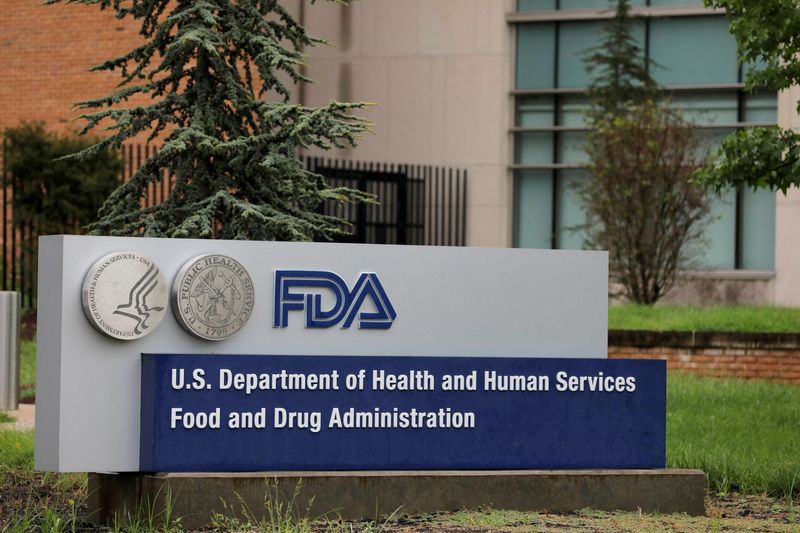FDA Advisory Panel Rejects Combination Therapy for PTSD
The U.S. Food and Drug Administration (FDA) advisory panel recently made a significant decision regarding the use of a combination therapy for treating post-traumatic stress disorder (PTSD). The panel voted 10-1 against the efficacy of Otsuka Pharmaceutical’s antipsychotic drug, brexpiprazole, when used in conjunction with Viatris’ antidepressant Zoloft (sertraline), for adults suffering from PTSD. This decision was based on the available data, which did not demonstrate sufficient evidence of the treatment’s effectiveness.
The panel’s vote aligns with the assessment by FDA staff reviewers, who had previously expressed concerns about the drug’s effectiveness. Otsuka’s application for approval was supported by data from one mid-stage and two late-stage studies comparing the combination treatment to sertraline plus a placebo. However, the treatment failed to meet the primary goal of significantly reducing the severity of PTSD symptoms in one of the late-stage studies.
PTSD is a mental health condition triggered by experiencing or witnessing a traumatic event. It affects approximately 4% of U.S. adults and is often associated with war veterans. However, it can also occur in civilians due to natural disasters, abuse, or other forms of trauma.
During the meeting, panelist Pamela Shaw, a biostatistician at Kaiser Permanente, emphasized that a single negative study should not be overlooked in favor of positive results from other studies. “We simply cannot negate one negative study and say we are going to approve based on two other positive studies,” she stated.
The panel also discussed potential side effects associated with the long-term use of antipsychotics, such as weight gain and movement disorders. Despite these concerns, some panelists acknowledged that the combination treatment might offer a better option for patients who do not respond well to sertraline alone.
Walter Dunn, an assistant clinical professor of psychiatry at the University of California, Los Angeles, raised questions about the balance between the risks of antipsychotics and the potential benefits of the combination treatment. “The big question for me is knowing that antipsychotics can cause real problems, especially with long-term use, and the modest benefit that the combination treatment potentially can offer,” he said.
Otsuka Pharmaceuticals has stated that it will continue to collaborate with the FDA as it completes its review of the application. The FDA initially planned to make a decision on the company’s application by February 8 but delayed its decision to seek the input of the advisory panel. As of now, the agency has not set a new date for action on the drug.
While the FDA typically follows the recommendations of its expert advisers, it is not obligated to do so. If approved, the combination drug would be the first PTSD treatment to receive U.S. approval in over two decades, following the approval of Zoloft and GlaxoSmithKline’s Paxil.
Brexpiprazole, marketed under the brand name Rexulti, is already approved in the U.S. for treating agitation in patients with Alzheimer’s disease and for adults with major depressive disorder and schizophrenia. It was co-developed by Otsuka and Danish drugmaker Lundbeck.
The ongoing evaluation of this combination therapy highlights the complex nature of treating PTSD and the importance of rigorous scientific evidence in the approval process. As the FDA continues its review, the medical community and patients await further developments that could impact treatment options for those living with PTSD.







